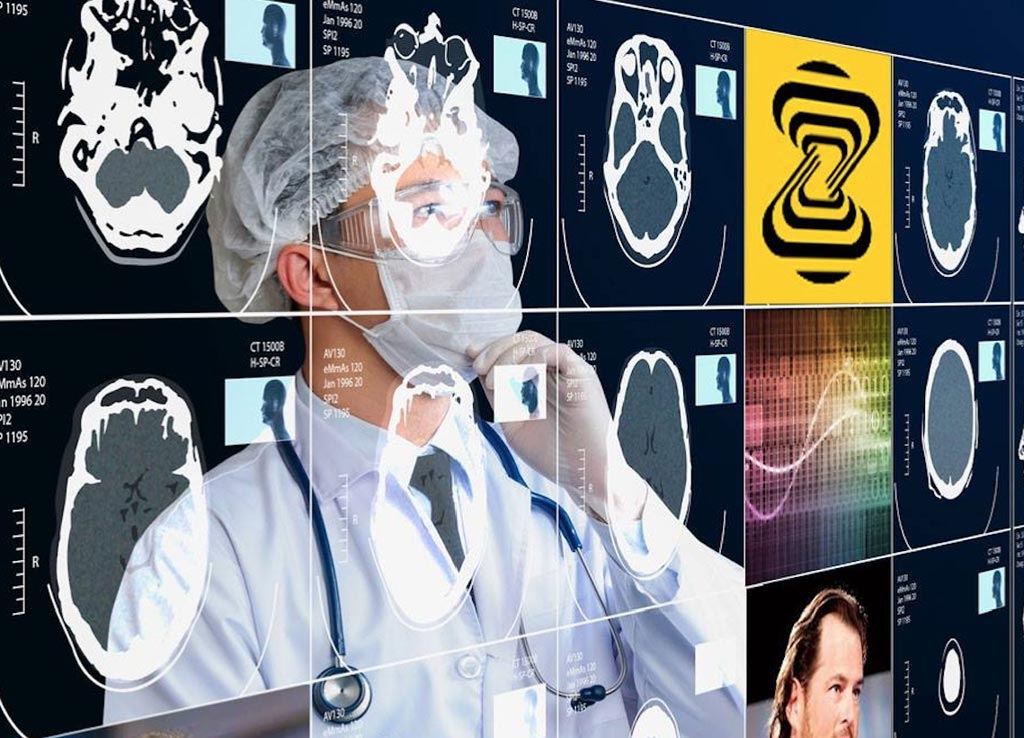AI Algorithm Predicts Chronic Conditions from CT Scans
By MedImaging International staff writers
Posted on 17 Dec 2018
Artificial intelligence (AI) algorithms can take advantage of existing computed tomography (CT) data to identify patients at risk of osteoporotic fractures and cardiovascular disease (CVD).Posted on 17 Dec 2018
The algorithms, developed by Zebra Medical Vision (Shefayim, Israel), are based on anonymized databases of medical images and clinical data that were used to train them to discover chronic diseases by automated imaging analysis. The Zebra algorithm engine can be deployed in both cloud and on-site configurations, and is designed to integrate into picture archiving and communication systems (PACS), radiological information systems (RIS), and electronic medical record (EMR) systems.

Image: AI algorithms can help identify early evidence of disease (Photo courtesy of Zebra Medical Imaging).
Two recent studies undertaken by Clalit Health Services (Tel Aviv, Israel), which owns and operates 1,500 primary care clinics and 14 hospitals in Israel, treating over 4 million patients, validated that the algorithms can successfully predict osteoporotic fractures and CVD. The first study involved a retrospective analysis of 48,227patients with abdominal CTs, in order to identify radiologic risk markers of major and hip-specific osteoporotic fractures. The results showed that Zebra-Med algorithms achieved equivalent risk-stratification to contemporary fracture risk assessment tool (FRAX) scoring system.
The second five-year retrospective study, which involved 14,135 patients with non-gated, unenhanced chest CT, examined the cardiovascular predictive power of the Zebra-Med automatic coronary calcium scoring (CCS) algorithm, found that it resulted in a net 4.5% increase in categorical risk-reclassification improvement. By employing the Zebra algorithms, overstretched radiology departments can increase efficiency. Both studies were presented at the 2018 Radiological Society of North America (RSNA) annual meeting, held during November 2018 in Chicago (IL, USA).
“While there are an increasing number of AI applications in imaging aiming to mimic and automate human radiologist reading, there is larger untapped potential in these imaging studies. One can use AI to extract predictive insights unavailable to date that support high-impact population health interventions to tackle chronic diseases,” said Professor Ran Balicer, MD, the head of Clalit’s Research Institute. “We are pleased with the results of these two groundbreaking research projects and are looking forward to get them into practice.”
Related Links:
Zebra Medical Vision
Clalit Health Services














